Eddie was the extrovert in the community for the disabled in the assisted living unit. He always plunked himself down right in the middle of where the action was – in a chair by the mailboxes, at the entrance to the dining room, or right in front of the TV in the sitting room.
He knew everyone by name. “Good morning Miss Liddy. Your knees must be hurting you today.” “Hello there, Harry. Lydia was looking for you, and, my, but she was mad.” “Hello, Maxine, you got a letter today. Maybe it’s from that son of yours.” “Watch out, Charlie, someone spilled water there, and the floor might be slick.”
Eddie was blind. He was born that way. But he didn’t miss a trick. He saw more with his blindness than most of us see with our two good eyes. He saw with his ears, and his gut, and his heart. Sometimes “blind” is not really blind and “seeing” is not really sight.

All of us are born blind in one way or another. Some of us have blindness of body: a crippling disease, cancer, diabetes, or bad bones.
Some of us have blindness of heart, and that is a terrible blindness. The blind of heart can’t love another beyond a superficial level and usually can’t even love themselves. The blind of heart often live lives corroded with addictions to material things, possessions, and work, to cover up the empty hole.
And worst of all is blindness of the soul, which wraps all the rest of life in gloomy darkness.
Is it possible that a kind of blindness lives inside you?
Jesus notices our blindness. Jesus sees. Jesus invites us to see. Jesus invites us to see with our very blind eyes, with our wounds and brokenness. Jesus uses our weaknesses as grace. When tragedy of one form or another strikes us, we often ask why. “Why did this happen to me?” In today’s story the crowd also asks why. “Whose fault is this? What did they do wrong to deserve this?”
Jesus’ response is that the blindness was an opportunity for the works of God to be manifest. We look at our physical and mental blindness as a curse. And indeed Jesus does heal the blindness. Yet at the same time, the blindness is a door to grace. It is the sick who need the doctor. It is the blind who need to see. It is we who need the redemption, the transfiguration, the Burning Light.

“Manifest,” phaneroo in Greek, means to be revealed, to be seen, to be made visible. It is the same root as in “theophany,” a physical visionary experience of God, or “epiphany,” God revealed. It is the name of the Greek god, Phaeros, son of Helio, the sun god. It is a burning expression of light that conveys its own image.
Our call in life, our reason for being, is to make Christ manifest. Jesus is the image, the exact reflection of God. We are called to become the image of Jesus. We are to become like the Shroud of Turin. The shroud is believed by many to be the scorched, branded, burned image of the Light of Christ’s resurrection, an image left behind. We are the image left behind of Christ, called to be the burned, branded, reflected image.
So let us manifest Jesus. Let us reveal, reflect, burn with the Light of Christ. Let us be manifest in every aspect of our lives. We come to church to be near the Light, to be touched by the Light, to see Jesus. Do not turn off that light when you go out the door. Think bigger. Think constant. Let God be manifest within you to others. Be a blinding light of God.
+
A few questions for reflection on today's Scripture readings:
We are called, appointed, anointed by God to see the light and lead others out of darkness:
+ What blocks me from seeing the light at certain times or in certain areas of my life?
+ What areas of my life do I try to keep in the dark? Who or what am I
shielding from the light? Why?
+ When have I helped another see better? How did they respond?
When has someone tried to help me see better? What was my response?
+ What one truth do I see most clearly in my life?
_______________________________________________________
+




















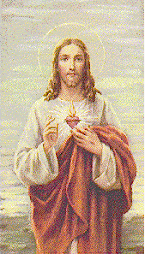
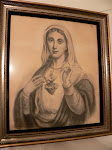

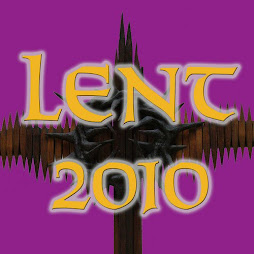


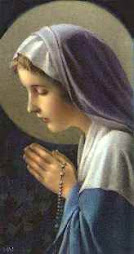
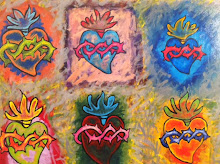
No comments:
Post a Comment